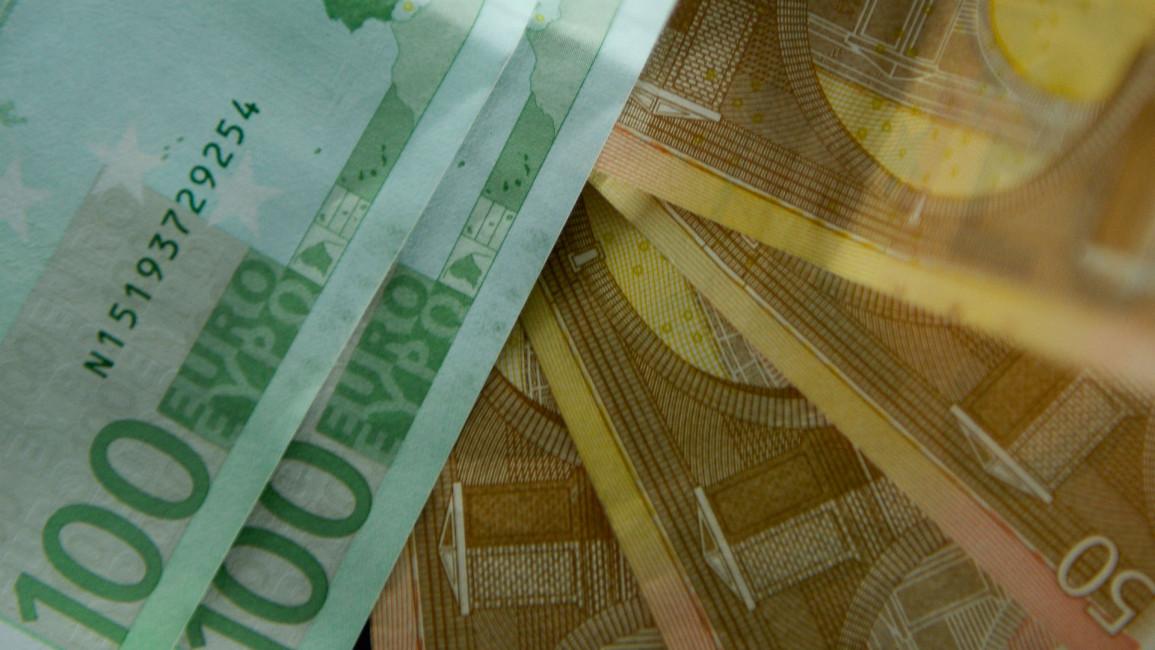Germany's central bank is tightening rules and scrutiny on cash transfers, a move that comes amid Iran's efforts to repatriate cash held in a Hamburg-based bank.
Iran is seeking to bring home 300 million euros ($347 million) held in the European-Iranian Trade Bank ahead of the reimposition of US sanctions on Tuesday.
The US is pressuring its allies about what it says are concerns about money laundering and terror financing related to Tehran.
For weeks, German authorities have been scrutinising the request, however new changes to business conditions are set to take effect on 25 August. The changes will allow the Bundesbank to block cash transfers in the absence of assurances from those involved in a transaction that it doesn't violate financial sanctions or rules to prevent money-laundering and the funding of terrorism.
It also mentions possible risks to "important relationships with third countries' central banks and financial institutions".
While the new regulations are widely viewed as a reponse to Tehran's transfer request, Germany has not stated that the new rules are targeting Iran.
"We are grateful to our German partners at the chancellery and throughout the government for recognizing the need to act," US ambassador Richard Grenell told The Associated Press on Saturday. "Iran's malign activities throughout Europe are a growing concern for us."
Although Germany is a key European ally of the US, Berlin was one of the main European powers that sought to keep the 2015 nuclear accord with Iran alive. The US has withdrawn from the deal, which provides incentives in exchange for Tehran not pursuing a nuclear weapon.
Since withdrawing from the accord in May, US President Donald Trump's administration has began dismantling the sanctions relief that was granted to Iran.
The reimposition of sanctions has triggered several demonstrations in Iranian cities over economic conditions.
The Iranian rial has dropped to a record low amid growing concerns about renewed US sanctions, which kick in on Tuesday.


![President Pezeshkian has denounced Israel's attacks on Lebanon [Getty]](/sites/default/files/styles/image_684x385/public/2173482924.jpeg?h=a5f2f23a&itok=q3evVtko)



 Follow the Middle East's top stories in English at The New Arab on Google News
Follow the Middle East's top stories in English at The New Arab on Google News


